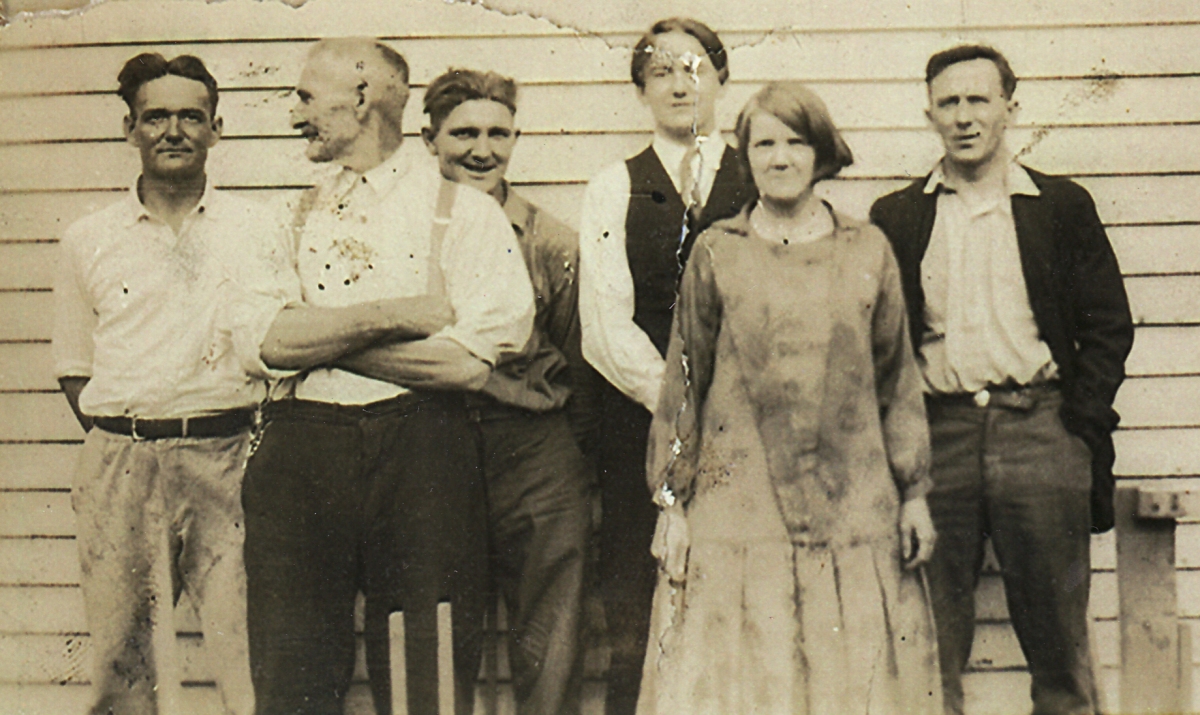by James Wallace Harris, 4/12/24
My father died at age 49, so I always thought I would die young too. I share a lot of his physical qualities, including heart problems. However, at age 72, I feel like I’ve been proven wrong. Dying before my wife is another lifelong assumption I’m starting to question. Both my grandfathers, and all seven of my uncles died before my grandmothers and aunts. What if my lifespan is more like my mother’s, who died at 91? Susan’s parents both died at 78.
I thought the reward for dying young is getting out of watching my loved ones die. Plus, I wouldn’t have to deal with getting rid of my possessions or figure out the legal aspects of what happens to my savings. I admit, one of my biggest faults is my mastery of avoiding stress. I’ve always worked on the principle that being remembered is the effortless way out.
However, what happens if Susan dies at 78 and I die at 91? I think a lifetime of deferred stress will come due all at once. Being the one to stay behind to remember all those that died must be depressingly hard. I remember my grandmother once telling me about a tontine her high school graduating class formed. It was a small group of around thirty-five, I think. My grandmother was about my age when she told me about this, and she talked about how she was one of an exceedingly small dwindling group. I never learned who was last, and I’ve forgotten what the prize was.
I’ve been feeling something like that lately because over half my cousins on both my father’s and mother’s side of the family have died. I am the oldest male cousin on my father’s side, and the youngest male cousin on my mother’s side. Of the total of twenty-six of us cousins, only two males are still here.
I often think about all the family and friends I know who have died. But up till now, the living has way outnumbered the dead. But that’s changing. I wonder about being one of those people who all their family and friends have died. To be the last of their generation. I imagine you spend a constantly growing amount of time remembering.
Susan and I don’t have children. Most of our friends don’t have children. Of my family and friends who do have kids, I can sense a stark difference in our lives as we grow old. People who have children are links in an extraordinarily long chain that continues in the future, while folks without children are the last links in an exceptionally long chain that doesn’t make it any further.
Being the end of the line must have its psychological costs, ones I can’t even begin to imagine fully. I think being that last link must come with a heavy weight of remembering. Because we don’t have children, I don’t imagine we’ll be remembered for long after we die. I’m starting to wonder about being the one who must remember.
I assume if I died first, Susan would remember me until she died, especially when she needed something done that I always did. That might be getting colanders off the top shelf or being a companion to watch Jeopardy. She will especially remember me when the cats wake her up at 5am begging to be fed. (Susan fixes their dinner.)
I want to die a natural death, and fulfill all my responsibilities, but I can’t help but think getting to leave early might be a blessing. Like I said, I’ve always believed the woman went second. Who knows, maybe they even prefer a few years without the burden of fixing dinner for a man. My mother found a kind of peace after my father died.
But another thought has occurred to me. I was always taught to let women go first. Which is the true gentlemanly thing to do at the end of time? Go first, or let her go first? I’m much better at taking care of things than Susan. She’ll be pissed off at me if I go first and leave her with all the work of closing out our lives.
And we both worry about what will happen if she and I die before our cats Ozzy and Lily. I bet anything if I died, and it was 5am and Ozzy couldn’t wake me up, he’d just start breakfasting on me. Some mornings I do wake up with Ozzy sniffing my face.
I can remember two generations that came before me, my parents and their kin, and my grandparents and their kin. But I also remember my parents and grandparents, each remembering people from two generations before them. When I’m gone, will anyone remember any of them? When my sister and I are gone, who will remember our parents? I know my sister and I are probably the only people left who think about my father. I know my cousins still think about my mother. My sister has a son, and he will remember my mother, but he never knew my father.
I don’t worry much about being remembered. Maybe that’s why I didn’t try hard to have kids. But I do like remembering.
JWH



